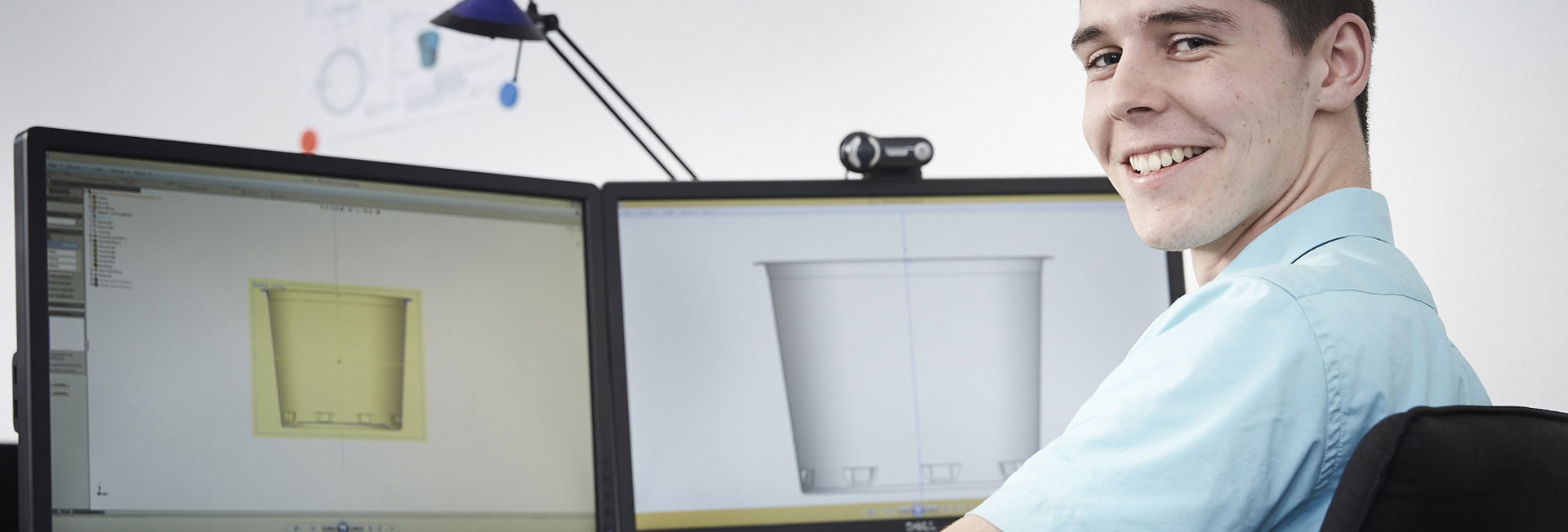The core task of packaging is simple but elementary: it shields goods and the environment from one another. Foodstuffs in particular are often not consumed fresh. Even if they can be preserved, they must be protected from perishable influences by optimal packaging.
GIZEH has vast experience in the production of packaging that contains barrier elements. These are usually multilayer films that act as a barrier to protect the contents. In addition to directly shielding against external influences, they also provide protection by greatly minimizing the permeability of gases (e.g. air) and vapors (e.g. water vapor) in both directions.
This not only preserves flavor and consistency, but also volatile substances such as vitamins. But oxidation of the food is also prevented. This protection ensures that, as far as possible, preservatives are not needed.
The immediate effect: a significant extension of shelf life. This not only avoids unnecessary food waste caused by premature spoilage, but also saves CO2.
- saving material
- use of recycled materials
- increased use of bio-based and biodegradable plastics
- reusable solutions ("Re-Use")
To achieve our goal of producing packaging that conserves resources as much as possible, we are optimizing our technical capabilities in terms of materials, design and the processes required. These developments have enabled us to achieve weight reductions of up to 20% with the same or often improved technical function.
However, resource-saving development is not limited to individual packaging. Due to the precise nature of our inovative stacking features we are able to drastically reduce transportation. Compared to heavy containers made of glass, which are often unstackable, our plastic packaging not only has a lower carbon footprint in production, but also in transport.
With the ISCC Plus certificate, GIZEH can now underline its prioritised commitment to sustainability and quality.
The certified sites in Germany and France were independently audited within a few weeks and can now process sustainable plastics with approval for direct food contact according to the ISCC Plus certificate.
We are among the first companies in the solid plastic packaging sector to have carried out test trials with recycled polypropylene made from 100% household waste (so-called PCR material). According to our test data, new packaging products can be made from recycled polypropylene. This will help reduce plastic waste and rapidly reduce CO2 emissions. Currently, there is no EFSA approval for recycled polypropylene from post-consumer waste. This is mainly due to migration concerns where more detailed analysis needs to be conducted and evaluated and as such, its use in the food sector is an ongoing long-term development which we remain committed to.
"Design for recycling" is the name of the solution approach that GIZEH uses in packaging development: When redesigning a container, the recycling of the used container is included. The recyclability of the material used is an essential design criterion for us in the design phase. Our goal is to use only materials and/or combinations of materials that have no negative impact on recyclability. Therefore, product design is one of the keys to improving recycling levels. The cost of recycling plastic packaging waste can be significantly reduced through design improvements.
White or transparent mono-packaging is naturally better suited for the recycling process. But without additional decoration, they can't live up to their brand claim or provide the requisite consumer information.
To enable easy separation of container and decoration, we are pursuing various approaches. For example, we have developed decoration carriers that consumers can easily remove without leaving any residue.
What remains is mono-material that is as pure and light-colored as possible - in other words, material that consists of a single basic substance.
Such easy-to-remove decoration carriers can be paper sleeves, perforated shrink sleeves or removable inmold labels. These are simply peeled off with the help of a tab. Specifically, in the case of the paper sleeve and perforated shrink sleeves, GIZEH has forged ahead with its own developments (EcoEasy Paper and EcoEasySleeve), both ensuring clean separation of container and decoration.
GIZEH is also involved in the "HolyGrail" project. This is a digital technology for sorting plastic packaging by type using digital watermarks. The project has recently entered the next stage (HolyGrail 2.0). It has been driven forward since September 2020 under the auspices of the European Brands Association AIM.
